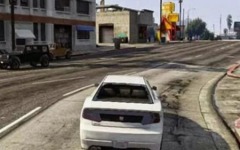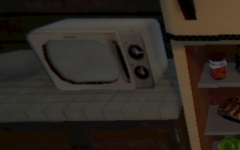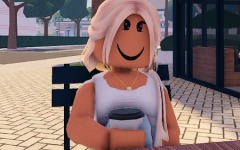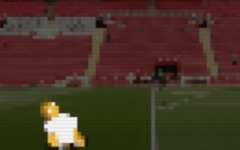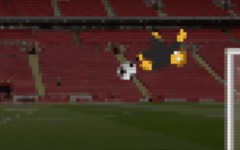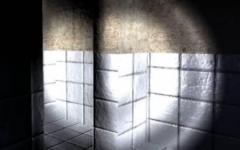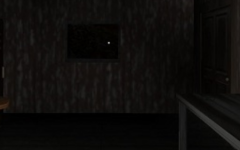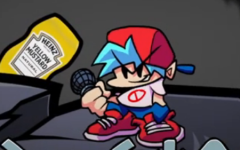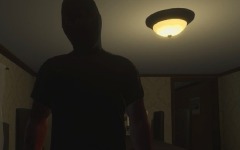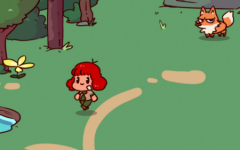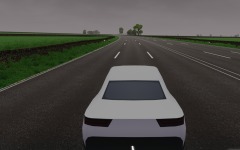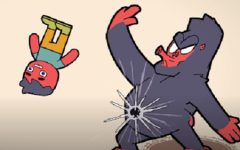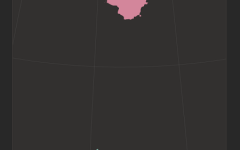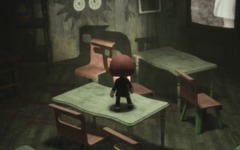Advertisement
A Lakeside Walk in the Dolomites
Advertisement

A Lakeside Walk in the Dolomites leads players into a dim forest path bordered by dense pine trees and aging lamplight. The trail begins simply, with wooden benches and a welcome sign marking the start of what seems like a quiet evening stroll. Yet, as you move forward, a subtle weight sets in. The layout feels intentional—every object positioned just slightly too perfectly. Fireflies or something like them drift slowly through the air, but they offer no comfort. The forest holds its breath. Even the mountains in the distance appear sharper than they should be, outlined by a night sky that never fully darkens.
When Familiarity Fades
The signs of past visitors are there: a park bench, a notice board, a set of playground equipment. But these objects feel more like remnants than features. You stand near them, not to interact, but to observe. Every location offers hints without resolution. There’s no clear event, no single turning point—just the creeping realization that the landscape may not be static. What once felt like silence becomes more like surveillance. The game never directly addresses the player, yet the feeling of being watched increases as you walk. There is no visible threat, only the suggestion that one exists just beyond the limits of light.
Designed to Be Unresolved
This is a short project made for the Spaghetti Invasion Game Jam 2025, with a focus on spatial storytelling. Players spend approximately 15 minutes walking, pausing, and reflecting. The path is linear, but the experience is layered. With no dialogue and no tasks, A Lakeside Walk in the Dolomites relies entirely on atmosphere and structure. The lake itself remains elusive—referenced by sound, hinted at by the layout, never directly encountered. What it represents, or why it matters, is left unanswered. It is a game meant to be felt more than understood.























































































































